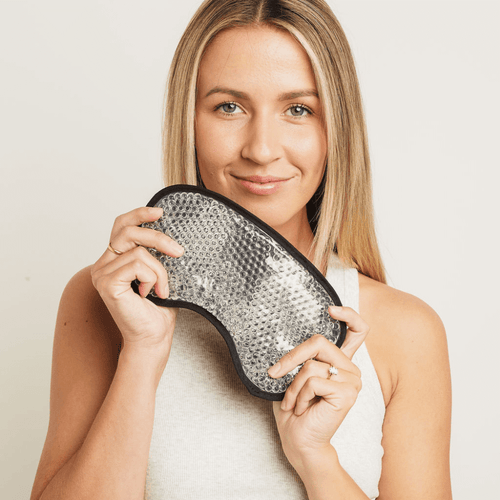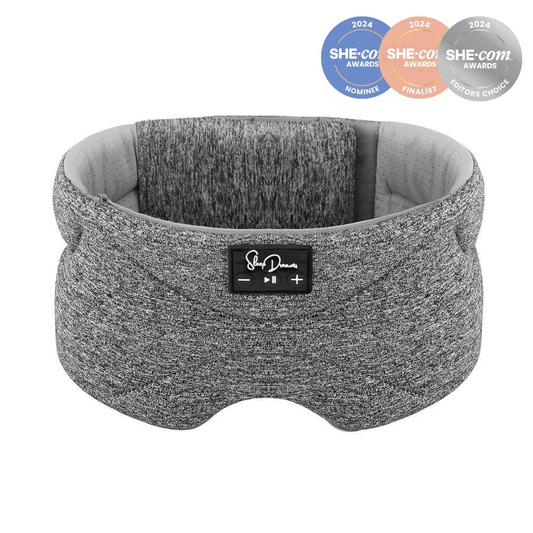Sleep quality can be affected by the humidity of the air (the amount of water vaper in the air). The humidity can be too high or too low, depending on the situation. Lets find out why.
The most restorative sleep period (and when you dream most) occurs when your body moves into REM sleep while your temperature is at its lowest. You spend less time in REM sleep when the humidity is high, so you will be more awake.
In humid environments, mold thrives, as do dust mites. Besides sleeping challenges, mold can cause respiratory and breathing issue. Furthermore, dust mites...gross who wants dust mites in their bed.
A high level of humidity can also make people sweat excessively and make bed sheets feel moist and uncomfortable. When we sleep on sheets that have been sweaty all night, our bodies can tell the difference. No thanks to sweaty sheets!
Low humidity can also cause dry skin, itchy eyes, and a sore throat. Even though this issue may not seem as severe as being in a room with high humidity, it may still not provide an ideal sleep environment.
What can I do to improve the humidity in my bedroom?
You can use a digital thermometer with humidity built in to determine your humidity percentage. One can easily be picked up from Amazon or eBay, and it will give you an idea of where you stand.
The following options may help you prevent high humidity in your home and encourage a better night's sleep:
- Use and install an air conditioner
- Allow air to flow naturally during the day by opening windows
- Install and use a dehumidifier which drawers the moisture from the atmosphere causing humidity to drop into a container
- Purchase some portable moisture absorbers that can hang in areas that are particularly damp such as the wardrobe or dark corners. These can be purchased for not too much from Bunnings or Catch.
Happy de-humidifying!





















